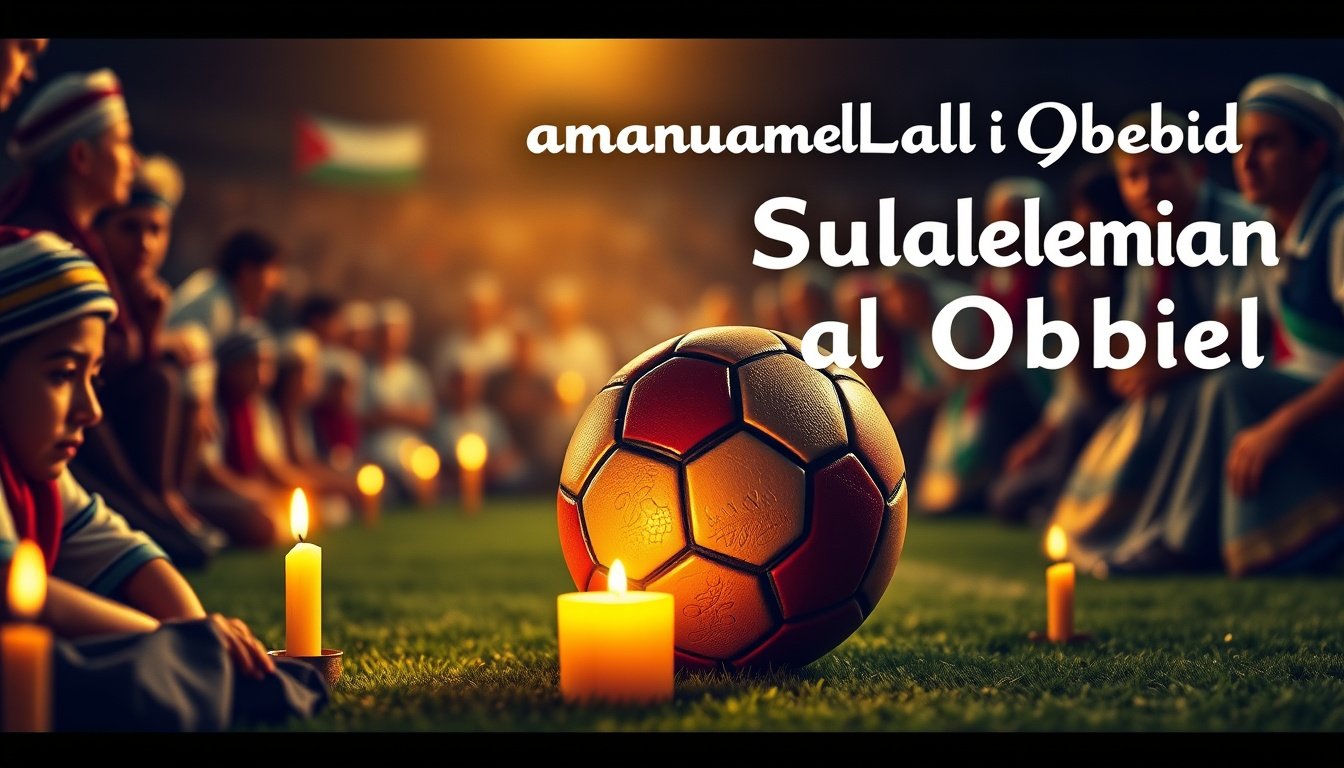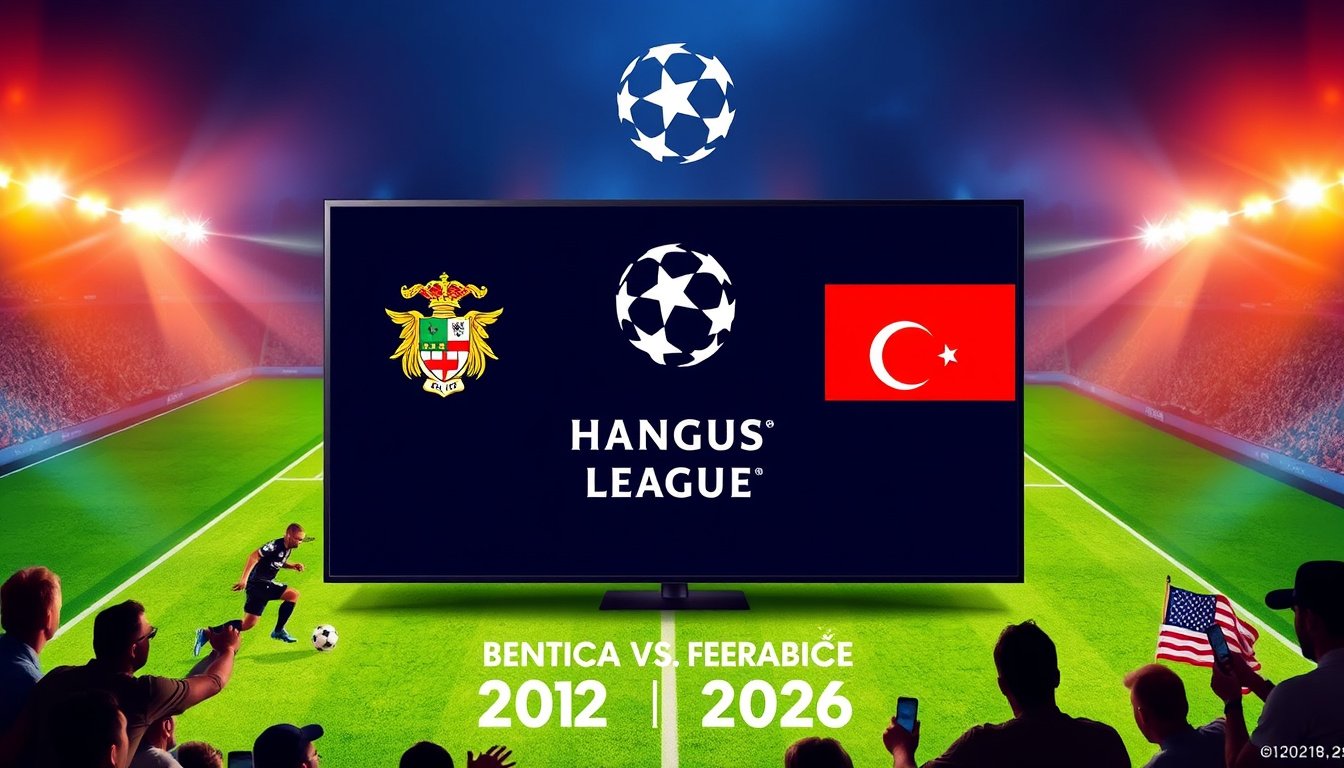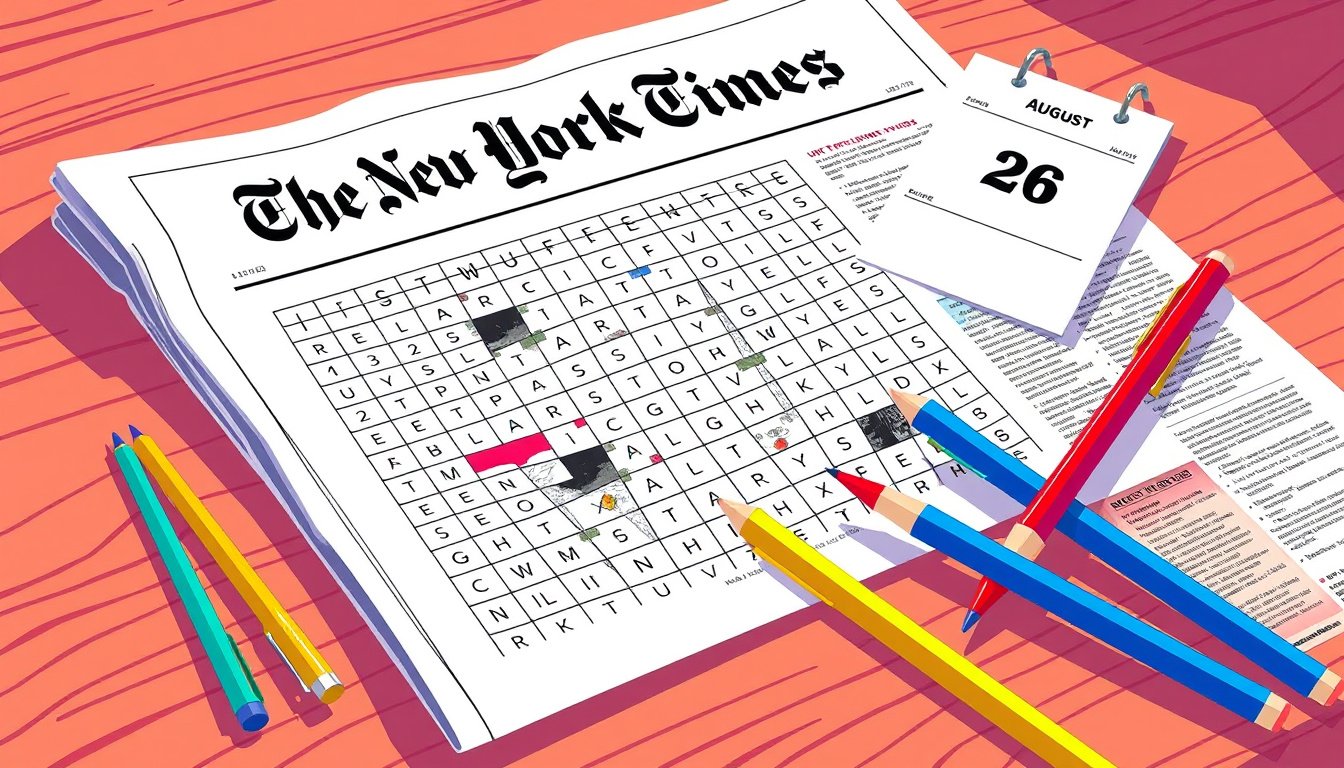Suleiman al-Obeid, affectionately known as the ‘Palestinian Pelé,’ has been mourned worldwide following his tragic death during an Israeli airstrike in Gaza. A revered figure in Palestinian football, his passing represents not only the loss of a celebrated athlete but also highlights the devastating impact of ongoing conflict on sports communities in the region.
A Life Dedicated to Football and National Pride
Born on March 24, 1984, in Gaza, Suleiman al-Obeid’s football career began with local clubs such as Khadamat al-Shati and later included esteemed teams like Gaza Sport and Markaz Shabab al-Am’ari in the West Bank. He made his international debut with Palestine’s national team in 2007 and earned 24 caps, scoring two memorable goals. One of his most iconic moments was his spectacular scissor-kick against Yemen during the 2010 West Asian Football Federation Championship, a testament to his skill and creativity on the field.
Al-Obeid’s contributions extended beyond his athleticism; he was a symbol of resilience and hope for Palestine, inspiring countless young footballers despite the hardships imposed by conflict.
Tragic Death Amidst Humanitarian Crisis
On August 7, 2025, Suleiman al-Obeid was killed while waiting for humanitarian aid in southern Gaza, according to the Palestine Football Association (PFA). The strike also claimed the lives of many civilians near aid distribution points, where more than 1,300 Palestinians have been reported killed since May in similar circumstances. The PFA stated that since the conflict began, 662 sportspeople and their family members—including 421 footballers and 103 children—have tragically lost their lives.
International Reactions and Calls for Recognition
The football world responded with sorrow and calls for greater acknowledgment of the human cost of the conflict. Egyptian and Liverpool star Mohamed Salah publicly criticized UEFA for a tribute that omitted mention of the circumstances around al-Obeid’s death, questioning the silence regarding the violent context. Salah’s intervention drew attention to the broader issue of how sports organizations address the intersection of politics, conflict, and athlete welfare.
Destruction of Sports Infrastructure
The conflict has also wrought extensive damage to Gaza’s sports infrastructure. Reports indicate that 288 sports facilities across Gaza and the occupied West Bank, including stadiums, training grounds, and even the PFA’s headquarters in Gaza, have been damaged or destroyed. This physical devastation jeopardizes the development of future generations of athletes and erodes critical pillars of community and national identity during turbulent times.
Legacy and Remembrance
Suleiman al-Obeid leaves behind his wife and five children, as well as a legacy as one of Palestine’s most beloved sports figures. His life and career embodied perseverance amid adversity and the power of sport to unite people.
As the football community worldwide honors Suleiman al-Obeid, his story serves as a poignant reminder of the many lives and dreams disrupted by conflict. The global outpouring of grief underscores the urgent need for peace and the protection of athletes and civilians caught in the crossfire.
In remembering Suleiman al-Obeid—the ‘Palestinian Pelé’—the world is called to recognize not only his talent but also the broader human cost borne by communities striving for dignity and normalcy through the beautiful game.










